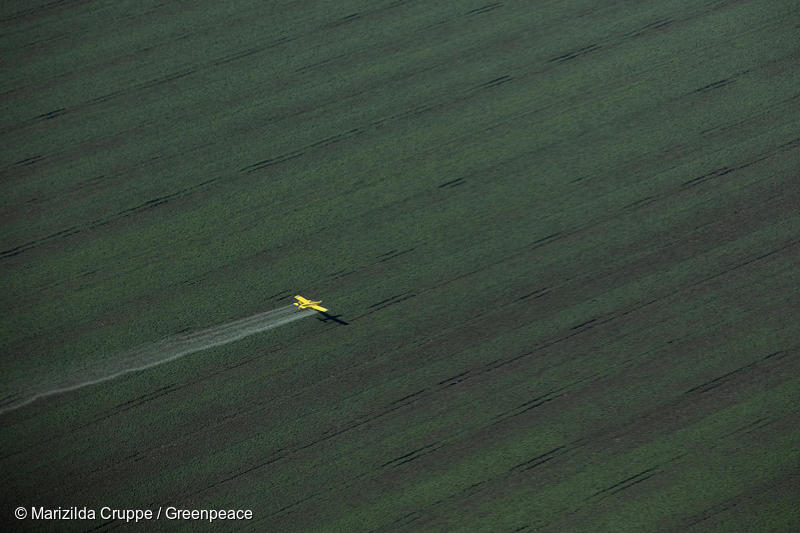Read the full letter to European Commissioner for Health and Food Safety Stella Kyriakides here.
The European Commission needs to decide whether or not to allow residues of pesticides that are not allowed in the EU because they have been classified as mutagenic, carcinogenic or toxic for reproduction . According to an investigation by Corporate Europe Observatory, the previous Commission was open to allowing so-called “import tolerances” (residue levels that can be detected) also for these highly dangerous pesticides. Now the new Commission has to take the final decision.

The discussion comes at a time when the Von der Leyen Commission has said that it wants to reduce the use and risk of pesticides.
At the same time, the EU continues to export pesticides that it has banned for use and sale within Europe due to health and environmental concerns. For example, in 2018, France and Denmark exported 12.7 tons of the insecticide malathion to 23 non-EU countries. France and Germany also exported the insecticide cyfluthrin, and Germany exported the plant growth regulator cyanamide and the herbicides acetochlor and tepraloxydim, according to official records. All these chemicals are ‘highly hazardous’ and not allowed for use in the EU.
The EU also imports residues of highly hazardous pesticides in agricultural products. For example, residues of the herbicide glufosinate, which may damage fertility or foetuses are permitted in fruits, nuts, soya and meat. Likewise, residues of carbendazim, which may cause genetic defects are permitted in cereals, vegetables, fruits and nuts. These pesticides were not banned by the EU but withdrawn from the market by their manufacturers when it became clear that they did not meet EU’s approval criteria.
This means a pesticide which is banned for use in Europe can be sold to a third country, used on crops, and then imported back into Europe as a residue.
A wide range of NGOs have written to the EU Commission to say that this cannot happen. The EU needs to be consistent. If a pesticide isn’t allowed, it shouldn’t be exported, nor imported as a residue.
